Tyson Foods, the largest meat producer in the United States, agreed to stop marketing a line of its climate-friendly beef and to drop its claim that it could reach net-zero emissions by 2050 as part of a lawsuit settlement with the Environmental Working Group, a nonprofit that sued the company for allegedly misleading consumers. The changes are a result of a five-year agreement, during which Tyson must refrain from making these environmental claims, and cannot make new ones unless they are supported by credible scientific evidence.
According to the lawsuit, Tyson's marketing campaign for its "Raised & Rooted" line of beef products claimed that the company was committed to reducing its environmental impact and reaching net-zero emissions by 2050. However, the Environmental Working Group alleged that these claims were misleading and lacked scientific basis. As part of the settlement, Tyson must also pay a fine of $2.2 million to the Environmental Working Group.
The Environmental Working Group's executive director, Scott Faber, stated, "This settlement is a major victory for consumers and the environment. For too long, the meat industry has made false claims about the environmental benefits of their products. We're glad to see Tyson taking steps to correct their marketing practices and to prioritize transparency and accountability."
Meat and dairy production are two of the highest-polluting industries, accounting for 14.5 to 19 percent of global greenhouse gas emissions, with much of it stemming from beef. The industry's impact on the environment has been a growing concern in recent years, with many experts calling for greater transparency and accountability from companies like Tyson.
Tyson's decision to drop its climate-friendly beef marketing campaign is a significant development in the industry's efforts to address its environmental impact. The company's move is seen as a step in the right direction by some experts, who believe that it sets a precedent for other companies to follow.
However, not everyone is convinced that Tyson's actions are sufficient. Some critics argue that the company's commitment to reducing its environmental impact is too little, too late, and that more needs to be done to address the industry's systemic problems.
The current status of the agreement is that Tyson must refrain from making environmental claims for five years and cannot make new ones unless they are supported by credible scientific evidence. The company has also agreed to pay a fine of $2.2 million to the Environmental Working Group. As the industry continues to grapple with its environmental impact, it remains to be seen whether Tyson's actions will have a lasting impact on the way companies approach sustainability and transparency.






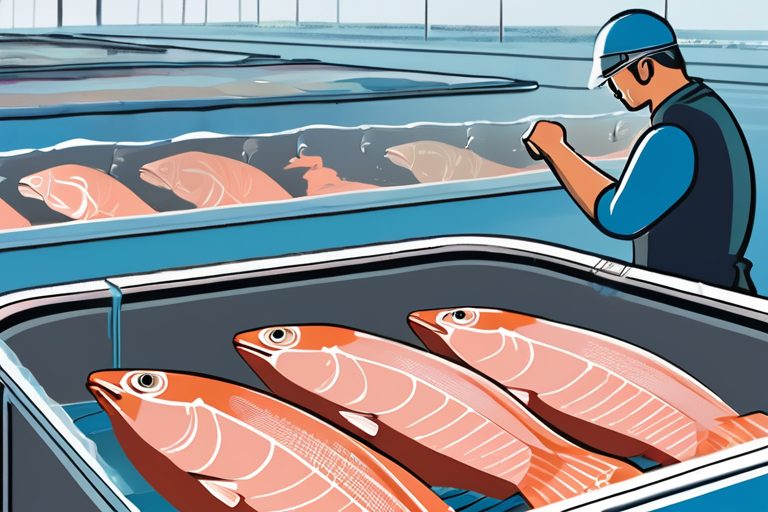












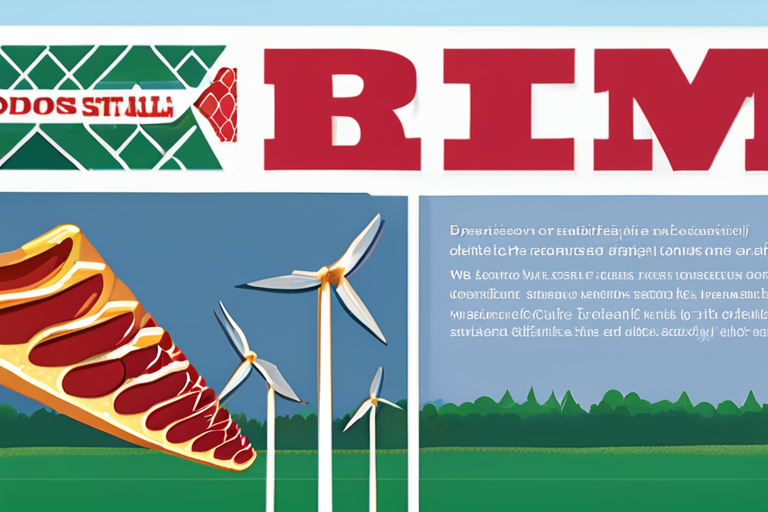

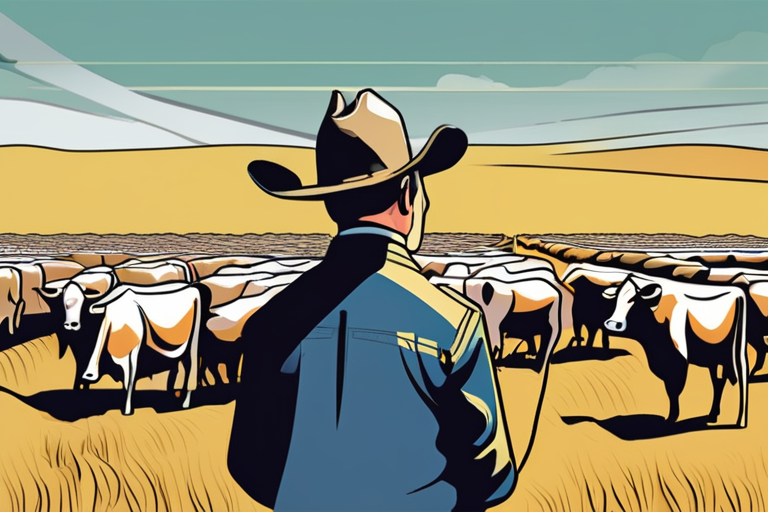
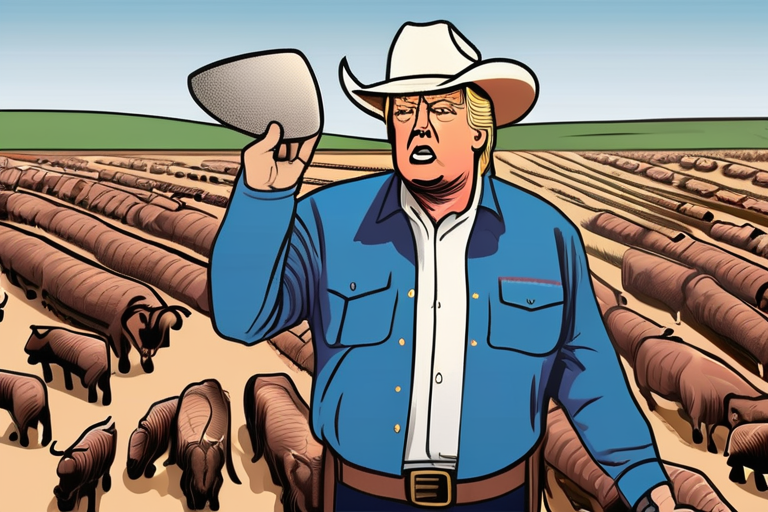



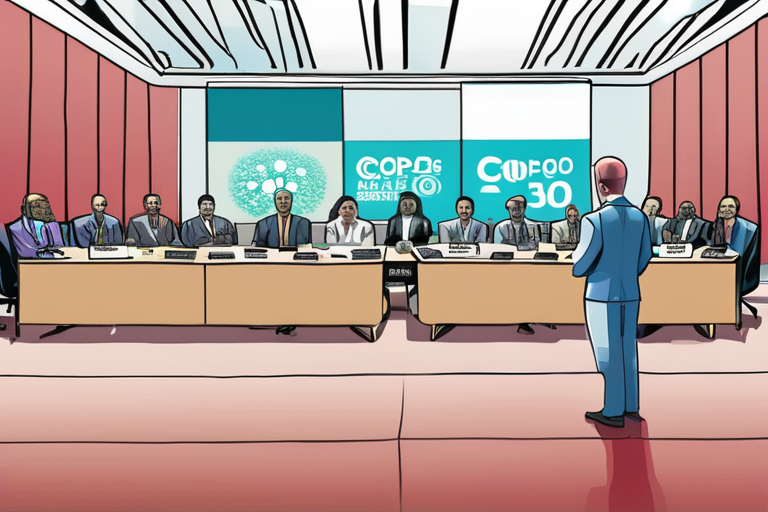
Share & Engage Share
Share this article